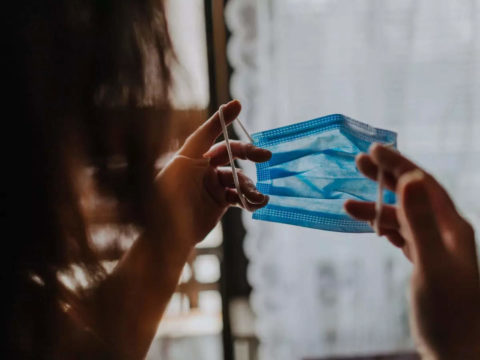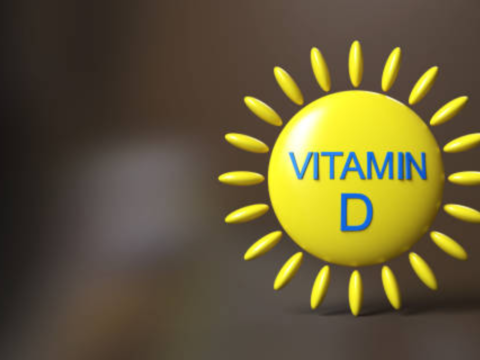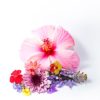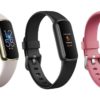Beauty products come with plastic envelopes, bubble wrap, cellophane, polystyrene and plastic bottles, which is the worst of all. Every minute, one garbage truck of plastic is dumped into the oceans. If this continues to grow, by 2050, there will be more plastic than fish(by weight).
The Body Shop made a huge step toward sustainability this year. It has started using Community Trade recycled plastic for their 250ml haircare bottles. It will purchase 250 tonnes of recycled plastic for three million haircare bottles by the end of 2019.
“We are 100% vegetarian and moving towards becoming 100% vegan. Community Trade will continue to be our backbone so we can make a constructive environmental and social impact wherever our ingredients, products and packaging come from. We are also committed to reducing the plastic impact on the environment – in May 2019, we launched our first Community Trade Recycled Plastic packaging as a significant step towards confronting plastic pollution,” says
Antara Kundu, Marketing Head, Asia South, The Body Shop
“We have also launched an in-store recycling program called ‘Bring Back Our Bottles’ so consumers can return our plastic packaging for recycling. This is currently available at 50 stores and will be active at all our India stores soon. We are also undergoing a comprehensive review of sustainable packaging, to take a responsible and circular approach with all materials and not just plastic. By 2030, we aim to have a completely closed loop for all our packaging – this means we will recycle or re-purpose 100% of our packaging, mostly back into packaging or store fixtures”, she further adds.
Over the last few years, a parallel beauty industry has made its way into the market alongside the traditional one. Clean and natural beauty is gaining rapid momentum. Many brands still continue to use harsh chemicals. However, consumers have become more aware and look for labels like sustainable, vegan, natural and organic.
Naina Ruhail, a beauty entrepreneur launched an online beauty e-commerce site ‘
Vanity Wagon‘ last year. Her brand’s USP is to sell only organic and natural beauty brands in India.
“We ensure that all our brands are certified by ECOCERT and PETA and have reusable packaging with products that are formulated with sustainably sourced ingredients”, Naina explains.
The average woman uses 12 beauty products daily, which can expose her to hundreds of chemicals. Many big companies are now reformulating products to keep up with the latest trend of clean beauty.
“The beauty industry is coming out with products that have no chemicals. Now there’s a boom in the organic industry, people are getting aware of the benefits of organic products. No matter the food or beauty industry, people are getting conscious about eating clean, getting the right product, and indulging in environmental-friendly food and cosmetics,” says Supriya Malik, Founder, Indulgeo Essentials.
The popular skincare brand Kiehl’s, which has a legacy of 168 years made a huge step towards clean beauty this year. The brand is now going to be paraben-free by the end of 2019. It has now revamped its best-selling Ultra Facial Cream, which was launched 13 years ago. They have not added a new ingredient but now have reformulated the cream without parabens completely.
Even with such a big legacy, the brand has now made a choice to develop all new formulas without parabens, which has been a controversial ingredient for years.
“Reformulating a product that is already incredibly beloved by Kiehl’s customers worldwide is one of the hardest things we do in Product Innovation,” shares Roberta Weiss, Head of Product Innovation for Kiehl’s.
“It’s an enormous challenge to match the customer’s experience when reformulating an existing product. To achieve this, it took 114 formulations over 5 years to achieve parity in texture, application, experience, and performance,” she further adds.
Credit: Source link












